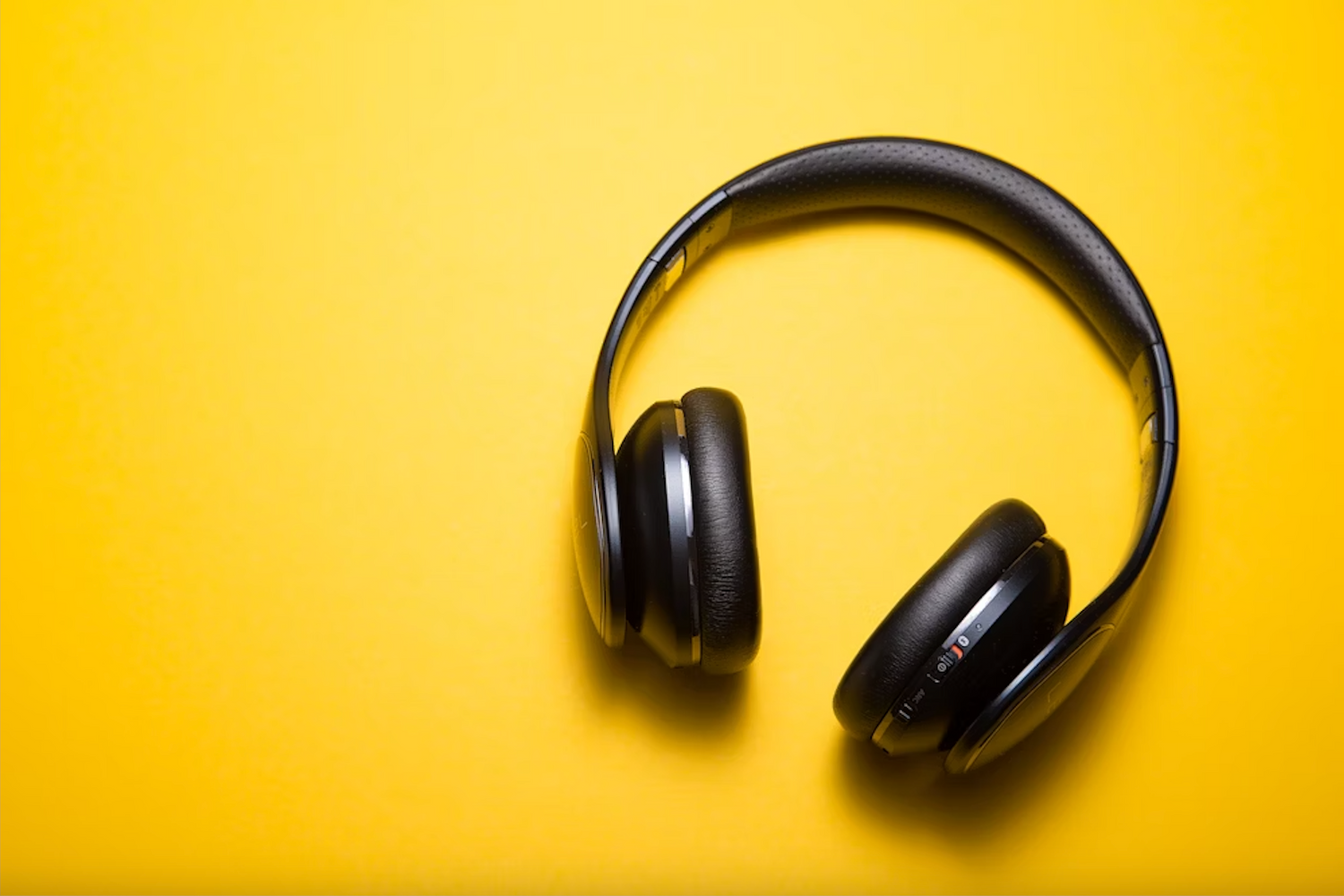Music Gives An Extra Push
While it's no secret that the right song can give you the push you need at the end of a tough workout or help calm your mind and body after a long day, the benefits don't stop there. If you want to keep your brain engaged, listening to or playing music is a great tool and provides a total brain workout. Research has shown that listening to music can reduce anxiety, pain, and blood pressure, as well as improve your sleep, mood, and mental alertness.
We're highlighting the benefits of music and its relationship to our mental and physical health with these 5 interesting facts:
[By the way, you can find Tom's go-to playlist right here.]
Music Stimulates Your Brain's Reward Centers
Music can stimulate parts of the brain like the cerebellum and frontal lobe and trigger the “reward centers” of the brain – a process similar to the pleasurable stimulus of eating chocolate. Music can increase cognitive function based on research from numerous studies, what is known as the Mozart effect, which indicates that music can increase cognitive function. Subjects in these studies who listened to classical music, Mozart specifically, tested better on IQ test compared to participants who did not listen to music.
Music Can Reduce Anxiety & Lower Blood Pressure
Tests related to surgery and patient recovery showed that people who listened to music before, during, and after surgery for things like cataracts and spinal injuries had less stress leading up to the surgery and had lower blood pressure compared to patients who did not listen to music.
Listening to Music Can Support Your Balance
A study that tested people 65 years or older who were at risk for falling compared one group of people who walked and moved in time to music and another group who did not. The “dancers” who walked with music showed improvements in gait, balance and had less risk of falling than the non “dancers”.
Music Can Aid Sleep and Relaxation
Music can help with relaxation, which was shown in multiple studies but one in particular researched the use of music with subjects who have depression and sleep disorders. They found that music of different kinds can improve sleep and decrease depression symptoms in those subjects. Music can do so much for us – lift our moods, motivate us, calm us and keep us going – so we want to share some of our favorite music choices, including Tom's Favorite Playlist, to help you perform better than yesterday.
Share your favorite music with us and let's all get moving together!





